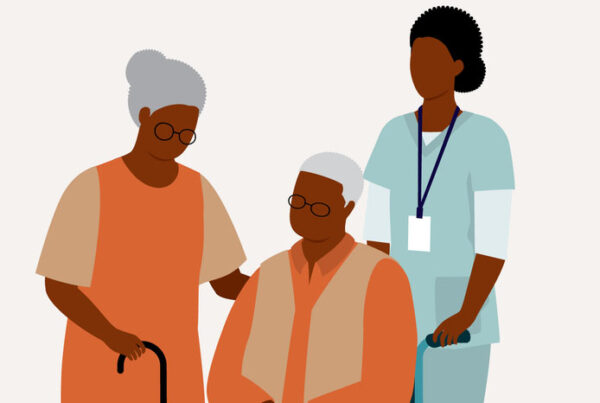As Bowen, Martin & Mancinni (2013) remind us, though many of the stressors associated with military duties and military life are not new, the challenges of today’s military service, including lengthy, repeated combat deployments and the associated family separations, represent unprecedented threats to the integrity and well-being of service members and their families. Stress, they point out, is cumulative, and the demands currently being made on our all-volunteer military and their family members are not likely to substantially lessen in the foreseeable future. Layer on to this the additional tensions and stressors of disparate and sometimes hostile narratives around justice, equity, diversity, and inclusion and you have the potential for decreased service member and military family readiness.
The goal of community capacity building is for formal systems and informal networks to work together to achieve positive results for community members and to enhance military family readiness and resilience. Often, people in the community initiate change. The ability to create change increases as these people, who are part of informal networks, collaborate with formal systems like the military. Professionals are able to connect military families to services and programming that positively influence a family’s well-being and readiness, which impact a service member’s readiness. For optimal outcomes in these areas, an integrated approach to service provision is critical. However, systemic discrimination, marginalization, and inequity can create barriers to access and opportunities for diverse families and adversely affect service member readiness. As noted by the Network for Nonprofit and Social Impact (2022), networks such as those supporting service members and their families are better positioned to serve the needs of the community when equity is a front-of-mind priority.
OneOp, through the 2022 Military Family Readiness Academy, will offer a guide for participants through three courses exploring social justice as a pathway to family well-being. The second course in the series, Family Service Providers: Recognizing and Responding to Inequities, will specifically confront how professionals serving military families can learn to identify and assess impediments to family well-being through a social justice lens and give learners ways of responding to institutional discrimination as it appears in organizational policy and in the management and practice of human services. Addressing organizational limitations to equitable service provision creates a more conducive environment for community resources and programs to come together to best support families. By actively engaging on the individual, organizational, and community levels – comprehensively investigated throughout all three courses – professionals will be able to more effectively impact the well-being of military families and thus the readiness of service members for the better.
Subscribe to the Military Family Readiness Academy mailing list to stay updated on this year’s Academy series and all future installments.
References
Bowen, G. L., Martin, J. A., & Mancini, J. A. (2013). The resilience of military families: Theoretical perspectives. In M. A. Fine & F. D. Fincham (Eds.) Handbook of Family Theories: A Content-Based Approach (pp. 417-436). New York: Routledge.
Network for Nonprofit and Social Impact, 2022. Networks and equity. https://nnsi.northwestern.edu/networks-and-equity/












